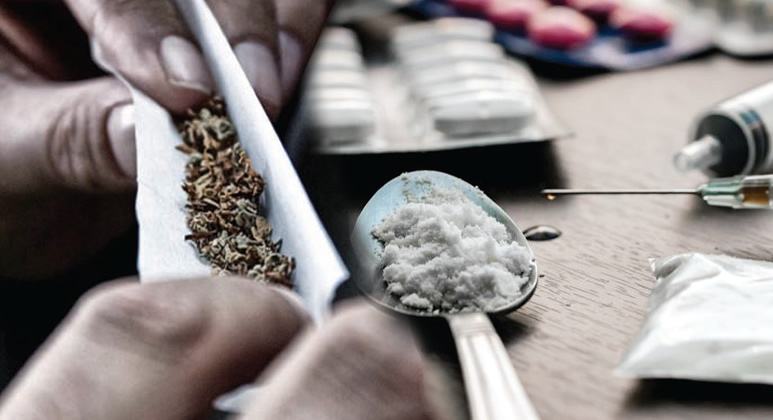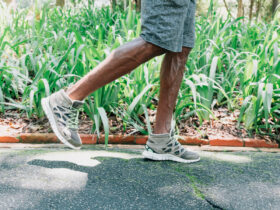One of the social problems in Nigeria today that accounts for the prevalence of evils among us is drug abuse. It is a major contributor to the moral meltdown that has befallen the Nigerian society, the outcome of which manifests in violence, inhumanity and our descent into anarchy, a nation of ‘anything goes’.
The drug problem has invaded many schools and institutions of higher learning so much that being a “science student”, as a musician sang, is considered woke. It is so unfortunate that rather than address this problem comprehensively, the authorities often prefer to look the other way while cosmetic solutions are being sought for a situation that deserves a set of knee-jerk and decisive actions.
According to a survey funded by the European Union and conducted by the National Bureau of Statistics and Centre for Research and Information on Substance Abuse with technical support from the United Nations Office on Drugs and Crime (UNODC), in 2018 alone, nearly 15% of the adult population in Nigeria or about 14.3 million people have reported “a considerable level” of use of psychoactive drug substances, a rate that was higher than the 2016 global average of 5.6% among adults.
The use of sedatives, heroin, cocaine and the non-medical use of prescription opioids is now common among our youth in Nigeria especially and Africa at large. In Nigeria, “gutter water”, which is described as a cocktail of drugs which combines codeine, tramadol, rohypnol, cannabis and water or juice, is widely used while some young adults turn to crude concoctions as alternatives. These concoctions include terrible things like smoking lizard parts and dung, sniffing glue, petrol, sewage and urine as inhalants. Drug abuse is aggravating the problem of farmer-herder conflict and fueling insecurity generally in Nigeria, as I found in a recent research conducted in Benue, Nasarasa and Taraba States. Drug abuse is breaking homes and making youths do the unthinkable.
Education, in the sense of what we have reduced it to in Nigeria, seems to have failed to stem the tide as cultism continues to be a monster in many institutions. A Student Union President of a tertiary institution was recently arrested while allegedly attending the initiation rites of a cult group in his polytechnic community. Like him, many students are not just content with being normal; they would rather want to be ‘high’. And, this leads them to the destructive indulgence in life-threatening activities like drug abuse and alcoholism.
One silent vector of drug abuse among students and the society at large is the music industry where the youngsters, including video vixens, smoke, apparently abuse drugs, engage in alcoholism and promote immorality, fuelled by heavy consumption of aphrodisiacs. Given that music is an opium and musicians have a cult-like following, another sign of collective depravity, students are lured into imbibing their favourite musicians’ assumed lifestyles. The craze of the Marlians is a case in point.
Among many of the trend-making musicians, no music video is considered successful until they pop bottles, look ‘large’, smoke Indian hemp, sniff substances, promote nudity and engage in vanity, including shameful and provocative dance steps. These trends distract many students from their studies to the extent that some campuses only light up in excitement when such musicians are invited to perform, with those who are supposed to be tomorrow’s leaders lending themselves to lewd lyrics and conduct unbecoming of truly educated people.
Without being minimalist, it is possible to attribute many of the social vices in the country today to drug abuse. This means that for parents’ investment in their children to be meaningful, students and the youth generally should be protected from the evils of drug abuse in schools and on the streets. In fact, serious wars, like those declared on indiscipline some time ago and now on corruption, should be waged against drug abuse to save the current generation from sinking deeper into its degeneration.
Drug abuse should be considered a social virus and those who indulge in it should be quarantined lest they infect others. Musicians and entertainers who promote drug abuse and alcoholism in their songs and videos should be given the same treatment by limiting their reach to the Nigerian public. If required, appropriate legislation in this regard should be made to save the entire society from losing all its sanity.
There is no bigger corruption than exposing the youth to livestyles that are injurious to healthy wellbeing and peaceful co-existence with others. Drug abuse must be stamped out of the society; it is worse than Ebola and Corona Virus because its impacts ultimately on the social fabric are not less devastating.






Leave a Reply